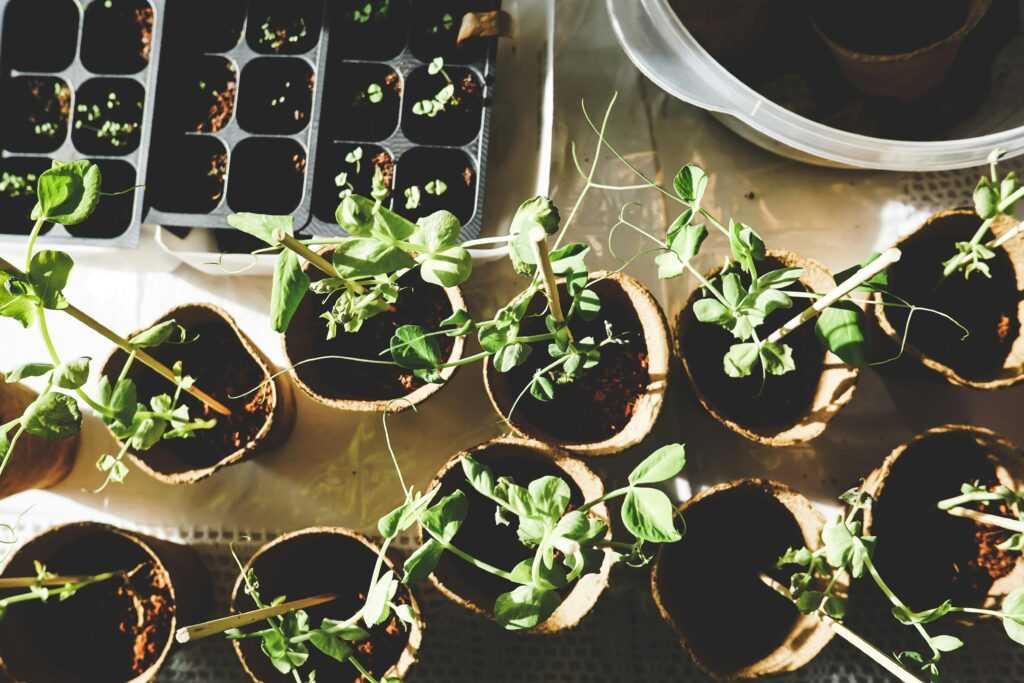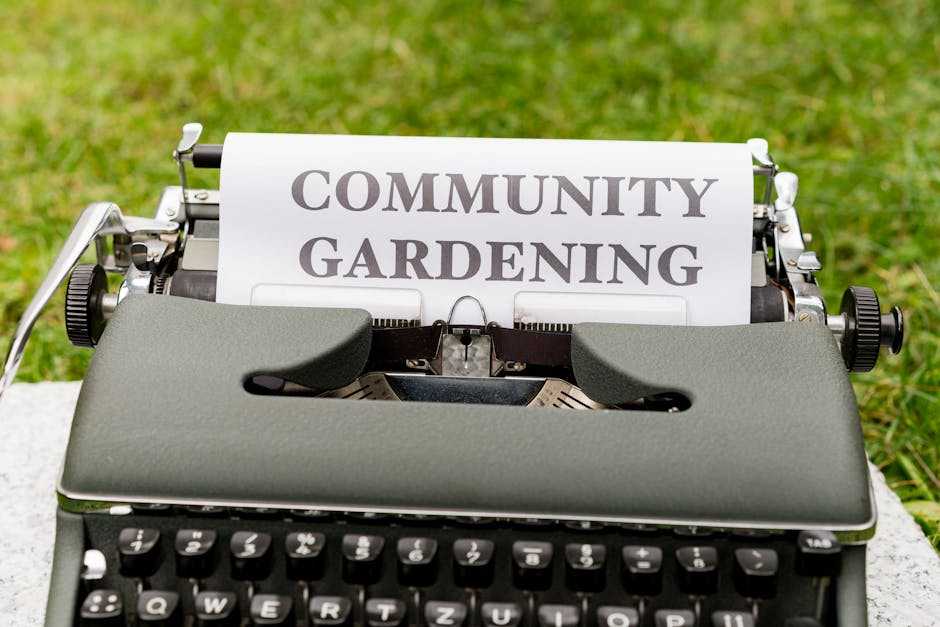In a world dominated by smartphones and digital connectivity, the simple act of growing your own garden might seem outdated to some. However, gardening continues to offer unique benefits that technology cannot replace. From promoting mental well-being to fostering sustainability, nurturing a garden provides an essential balance to our increasingly virtual lives. This article explores why cultivating a garden remains relevant and valuable even in today’s smartphone-driven era. Moreover, as people spend more hours in front of screens, gardening emerges as a refreshing alternative to reconnect with the physical world and find moments of peace amid digital chaos. It also offers a chance to slow down and appreciate the natural processes that unfold in real time, contrasting with the instant gratification smartphones often deliver. In this sense, gardening is not merely a pastime but a form of resistance to the fast-paced, often superficial digital lifestyle, encouraging deeper engagement with life’s fundamentals.
The Mental and Physical Benefits of Gardening

Gardening is more than just a hobby; it’s a natural therapy for both mind and body. Spending time outdoors tending to plants can reduce stress, anxiety, and depression, offering a calming retreat from the constant notifications and screen glare of smartphones. Physically, gardening encourages gentle exercise that improves strength, flexibility, and overall health. It also helps develop patience and mindfulness, as growth happens gradually and requires consistent care. Many studies have shown that even short periods spent gardening can boost mood and lower cortisol levels, reinforcing its role as a therapeutic practice. Additionally, the sensory experiences involved—touching soil, smelling flowers, hearing birds—stimulate the senses in ways screens cannot, promoting emotional balance and a stronger connection to the environment. For children and elderly people alike, gardening offers a meaningful activity that supports cognitive function and emotional resilience. This blend of mental and physical engagement makes gardening an ideal antidote to sedentary screen time, encouraging movement and a healthier lifestyle that technology alone cannot provide.
Connecting with Nature in a Digital Age

As smartphones increasingly dominate our attention, many people find themselves disconnected from the natural world. Growing your own garden provides a tangible way to reconnect with nature’s rhythms and cycles. This connection nurtures environmental awareness and appreciation, encouraging more sustainable habits in everyday life. For example, gardeners often become more conscious about water usage, soil health, and local ecosystems, fostering a deeper respect for the planet. Additionally, engaging with seasonal changes and observing plant growth firsthand can deepen one’s understanding of biodiversity and ecological balance. One practical aspect that might surprise many tech enthusiasts is how technology and gardening can complement each other. Tools like the valorant sensitivity converter may help gamers optimize their precision, and similarly, digital resources can guide gardeners in plant care, pest management, and garden design, bridging the gap between modern tech and traditional gardening. This synergy highlights how embracing both digital innovation and natural practices can create a more informed, sustainable lifestyle that benefits individuals and communities alike. In this way, gardens become classrooms where technology enhances learning about ecology and sustainability rather than detracting from real-world experience.
Sustainability and Food Security through Home Gardens
With growing concerns about climate change and food security, home gardens have taken on new importance. Growing your own vegetables, fruits, and herbs reduces reliance on commercial agriculture, which often involves significant carbon emissions and chemical use. Gardens encourage organic practices and reduce food waste, as gardeners tend to harvest only what they need. Moreover, homegrown produce is fresher and more nutritious, contributing to healthier lifestyles. Beyond personal benefits, widespread adoption of home gardening can lessen the environmental footprint of food production globally. It also empowers individuals to become more self-sufficient, which is especially important during times of supply chain disruptions or economic uncertainty. Home gardens act as small-scale ecosystems, promoting soil health and attracting beneficial insects, thereby supporting broader environmental sustainability. Furthermore, the educational value of growing food at home instills awareness about seasonal eating and the real effort behind food production, fostering more conscious consumption habits. By reconnecting with the origin of food, gardeners often develop a keener sense of gratitude and responsibility toward the planet’s resources.
Fostering Community and Personal Growth
Gardening also offers opportunities for social connection and personal development. Community gardens bring people together to share knowledge, resources, and a love for growing plants. These shared spaces can strengthen neighborhood bonds and improve local environments. On a personal level, gardening teaches valuable life skills such as responsibility, planning, and problem-solving. The pride and satisfaction gained from watching plants thrive provide emotional rewards that no smartphone app can replicate. Furthermore, community gardening projects often serve as platforms for educational programs, bringing together people of different ages and backgrounds to learn about ecology, nutrition, and cooperation. This social aspect of gardening enriches lives, combats loneliness, and creates a sense of belonging that counters the isolation often associated with excessive smartphone use. Through these shared experiences, individuals develop empathy and teamwork skills, which contribute positively to their wider social interactions beyond the garden. Ultimately, gardens act as bridges connecting people, cultures, and generations in meaningful ways that nurture both the soil and the human spirit.
Conclusion
Despite the pervasive presence of smartphones, growing your own garden remains a meaningful and beneficial activity. It promotes mental and physical health, strengthens our bond with nature, supports sustainability, and fosters community spirit. In a fast-paced digital world, gardening offers a necessary pause and a chance to cultivate growth both outside and within ourselves. Embracing this timeless practice enriches our lives in ways that technology alone cannot achieve. As we continue to navigate a world filled with screens and virtual interactions, gardening reminds us of the simple joys found in nurturing life and connecting with the earth. Balancing technology use with hands-on experiences like gardening is essential for holistic well-being in the modern age. By cultivating gardens, we nurture not only plants but also patience, creativity, and a deeper appreciation for the world around us. This harmony between digital progress and natural wisdom can lead us to a more balanced and fulfilling future.



